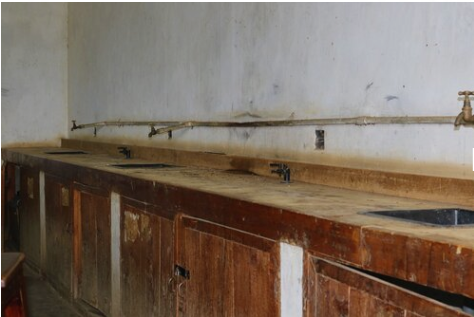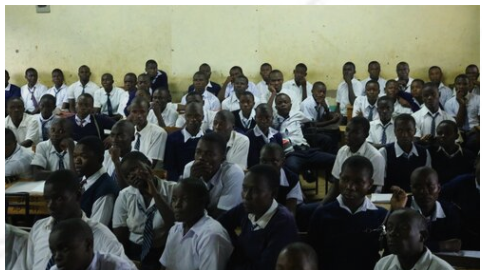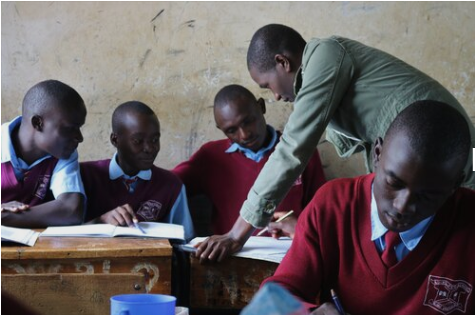Obstacles to STEM Education: On a recent visit to twelve (12) schools selected in Kakamega, Vihiga, and Kisumu Counties of Western Kenya. The researchers observed both the enthusiasm for STEM Education as well as the scarcity of STEM Education equipment and school supplies. From each of the schools, the researchers noticed the absence of science laboratories, or the existing “ghost science laboratories” … empty and disserted rooms, devoid of any laboratory equipment like bunsen burners, or basic supplies like test tubes. Where water taps were installed, there was often no running water. Under the circumstances, STEM Education will remain a distant dream without the provision of the necessary equipment and supplies. DEI is committed to support the supply of STEM Education resources.


Obstacles to STEM Education: On a recent visit to twelve (12) schools selected in Kakamega, Vihiga, and Kisumu Counties of Western Kenya. The researchers observed both the enthusiasm for STEM Education as well as the scarcity of STEM Education equipment and school supplies. From each of the schools, the researchers noticed the absence of science laboratories, or the existing “ghost science laboratories” … empty and disserted rooms, devoid of any laboratory equipment like bunsen burners, or basic supplies like test tubes. Where water taps were installed, there was often no running water. Under the circumstances, STEM Education will remain a distant dream without the provision of the necessary equipment and supplies. DEI is committed to support the supply of STEM Education resources.
Priorities: The Kenyan Government has for many years emphasized the critical role of science, technology and innovation in wealth creation and economic growth. Our intervention to support STEM Education is a response to that call. In particular, our efforts are in line with Chapter four of the National Curriculum Policy. Our projects target improvement of access to curriculum support materials. The DEI digital library provides access to a variety of reading resources, including STEM Education textbooks.

Research, Monitoring, and Evaluation: Chapter fourteen of the National Curriculum Policy emphasizes the need for research, monitoring, and evaluation. According to the policy, “Monitoring and evaluation is critical in informing evidence-based decision making and ensuring successful implementation of the curriculum. It also forms a basis for improvement and further research”. DEI fully embraces this position and our STEM Education projects are informed by practice and research. To this end, DEI partners with individual researchers and higher education institutions like SHSU and MMUST, which have a long history of successfully executing high-quality education research. Additionally, real-time monitoring, evaluation, and reporting are embedded in our STEM Education projects like Project IMPACT, thanks to the availability of validated M&E software systems.
Project Activities in Kenya: DEI and her partners promote the following project activities; STEM Education, Extensive Reading, Gender Parity in STEM Education, M-Learning, and Sponsor a Girl for STEM Education. We would like our projects in Vihiga County to include issues of global strategic significance like Bio-Diversity Education, Peace Education, Research, and Publications. Additionally, DEI would like to offer to Vihiga County schools, public libraries, community libraries, and homes the following free education resources; DEI Digital Public Library, Digital Textbooks, Mreader.org, Xreading.com, and a variety of Open Source Curriculum Support Materials.
